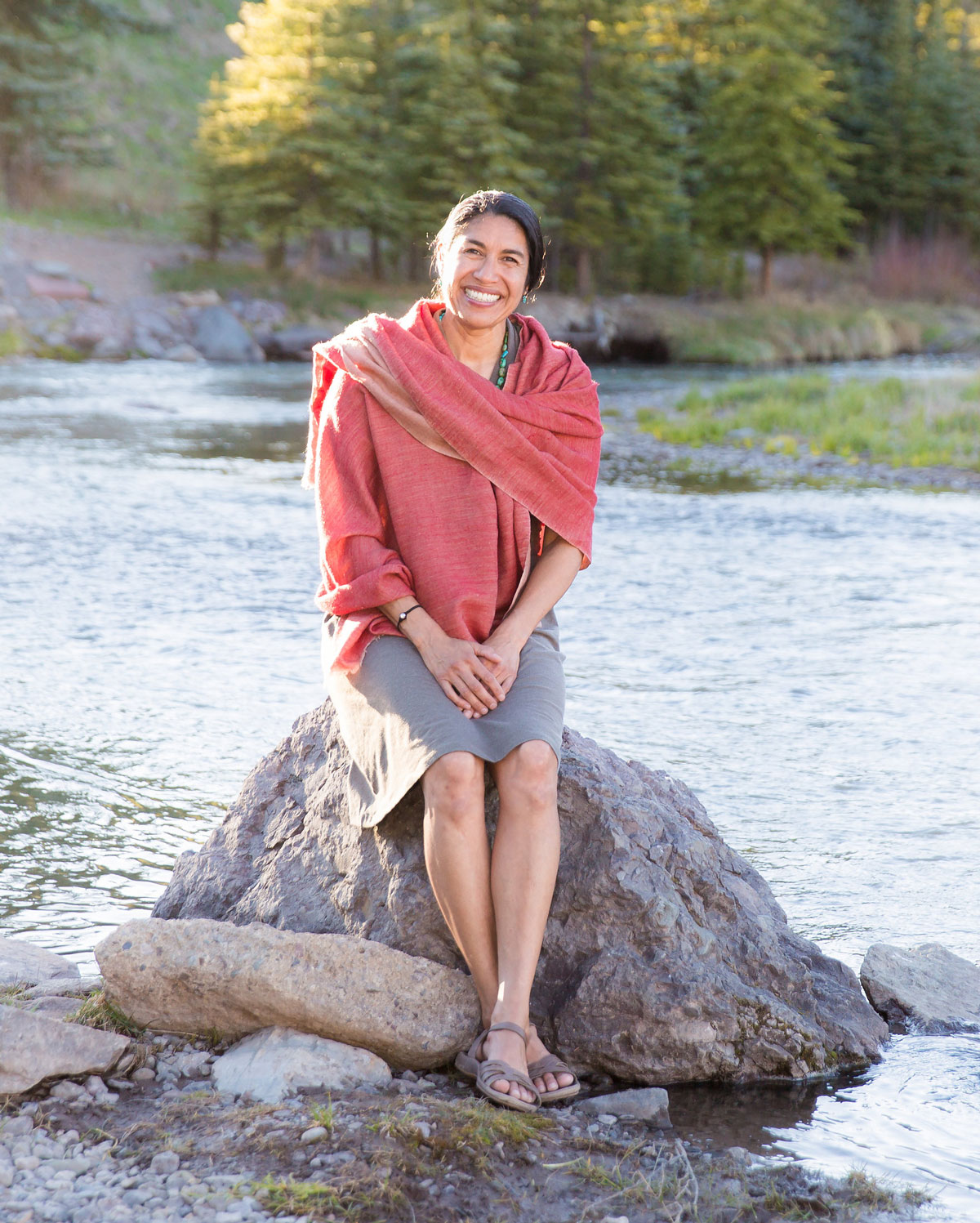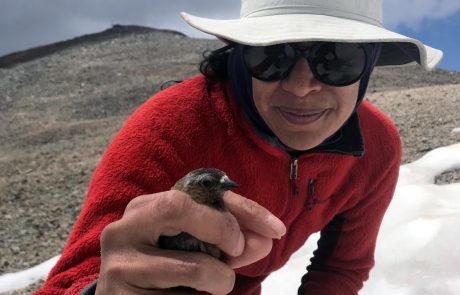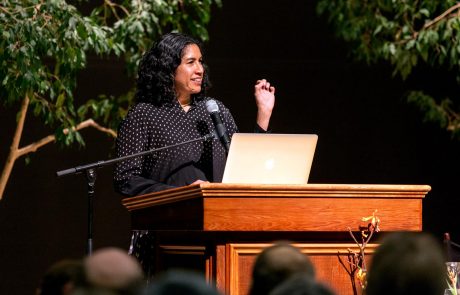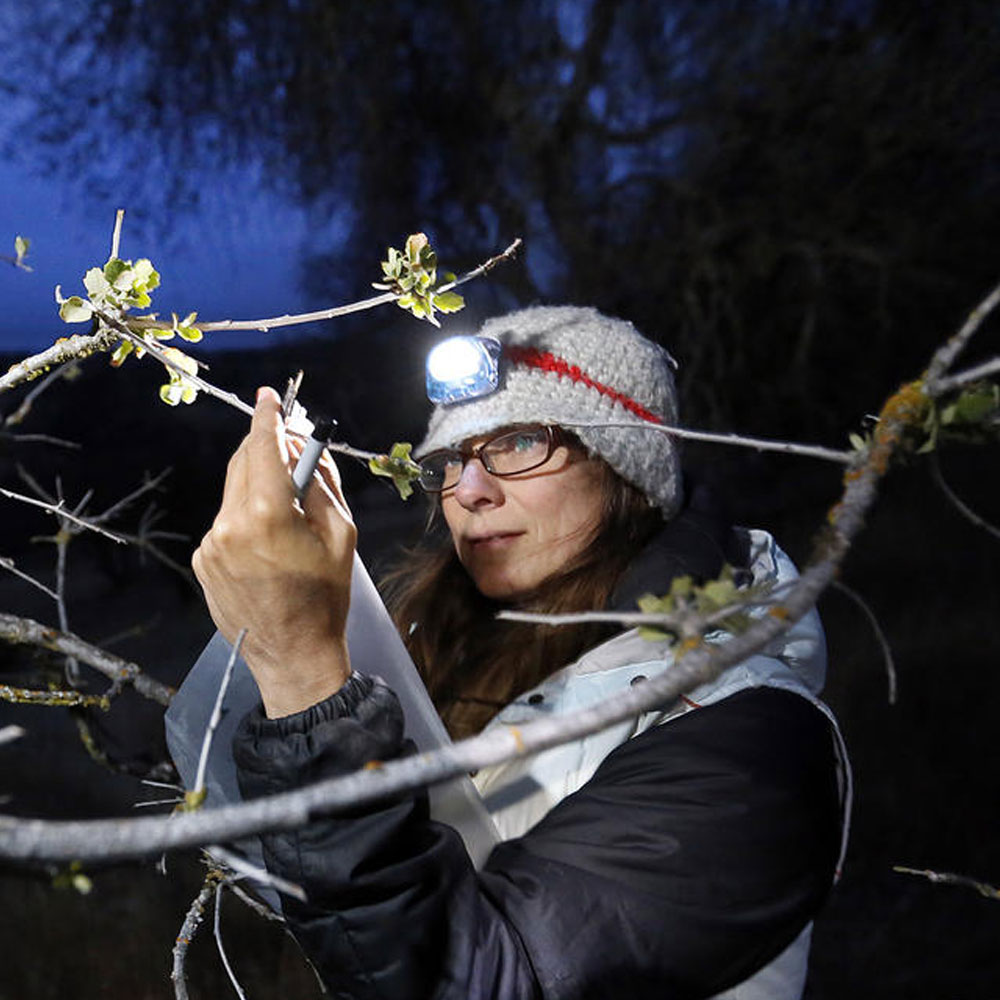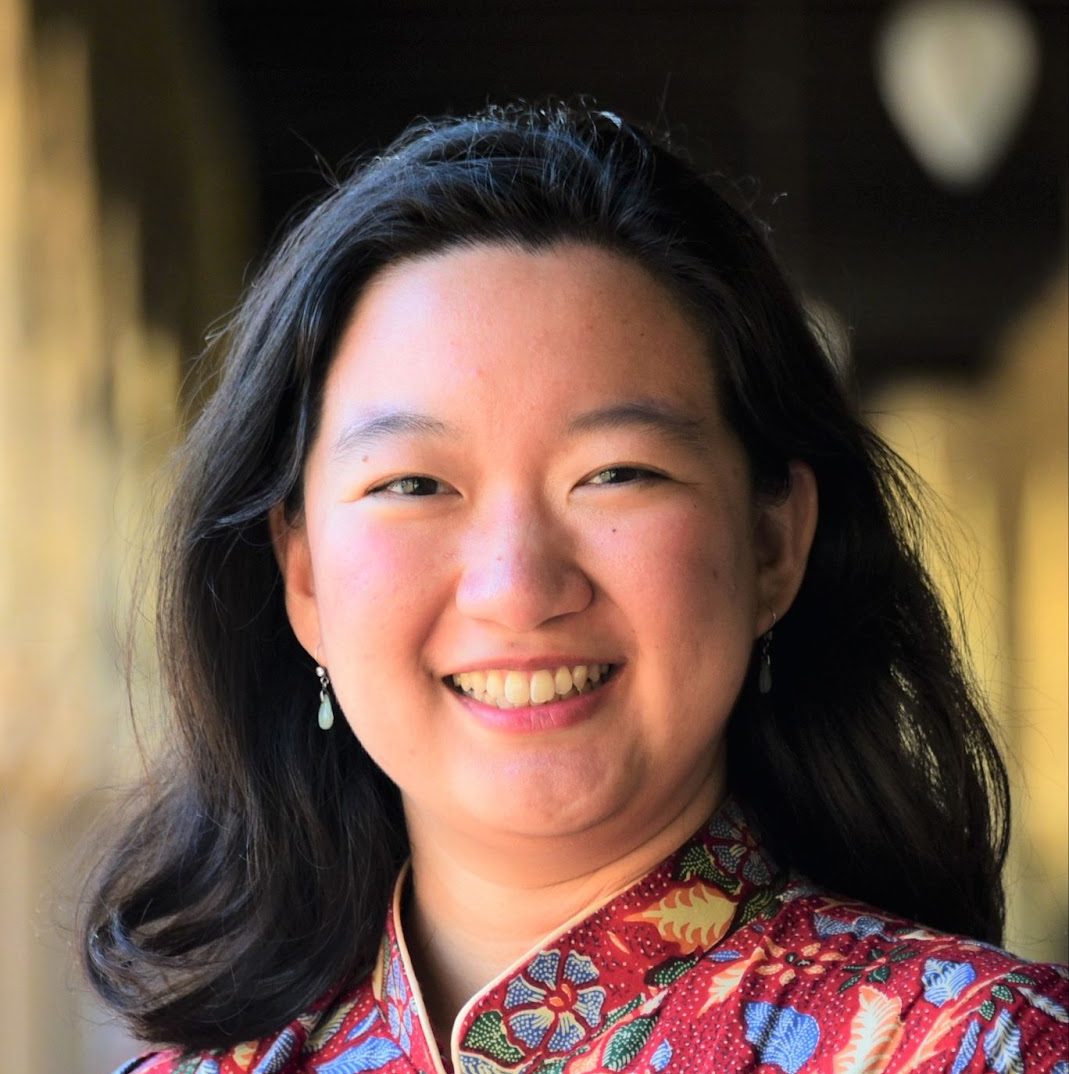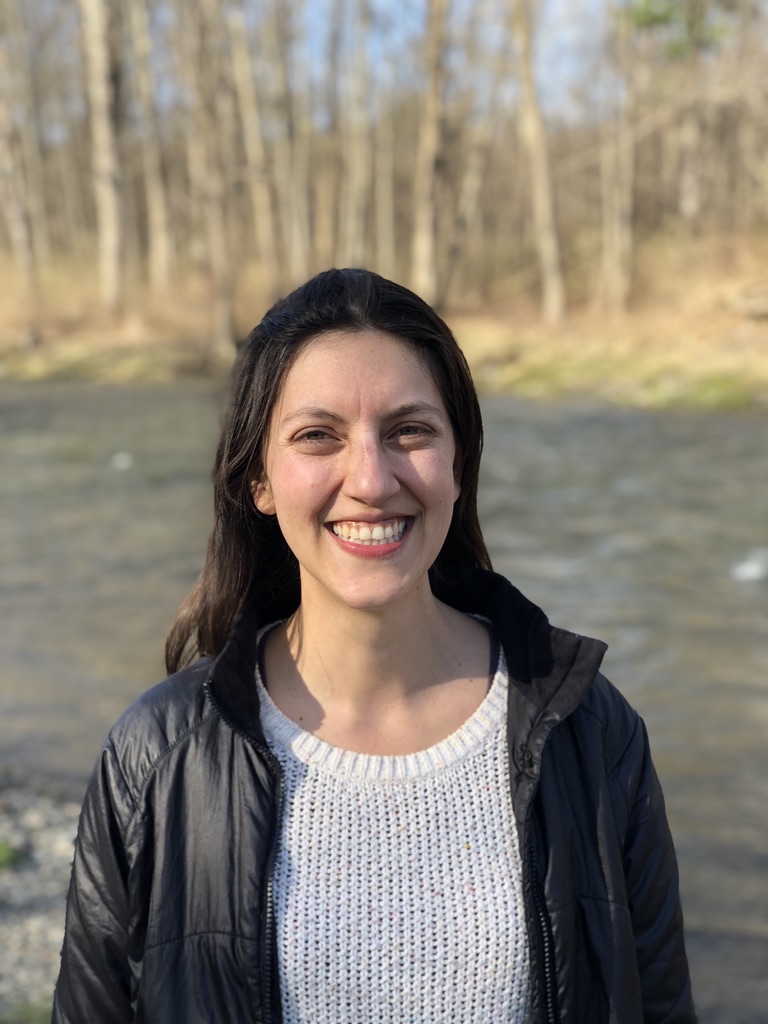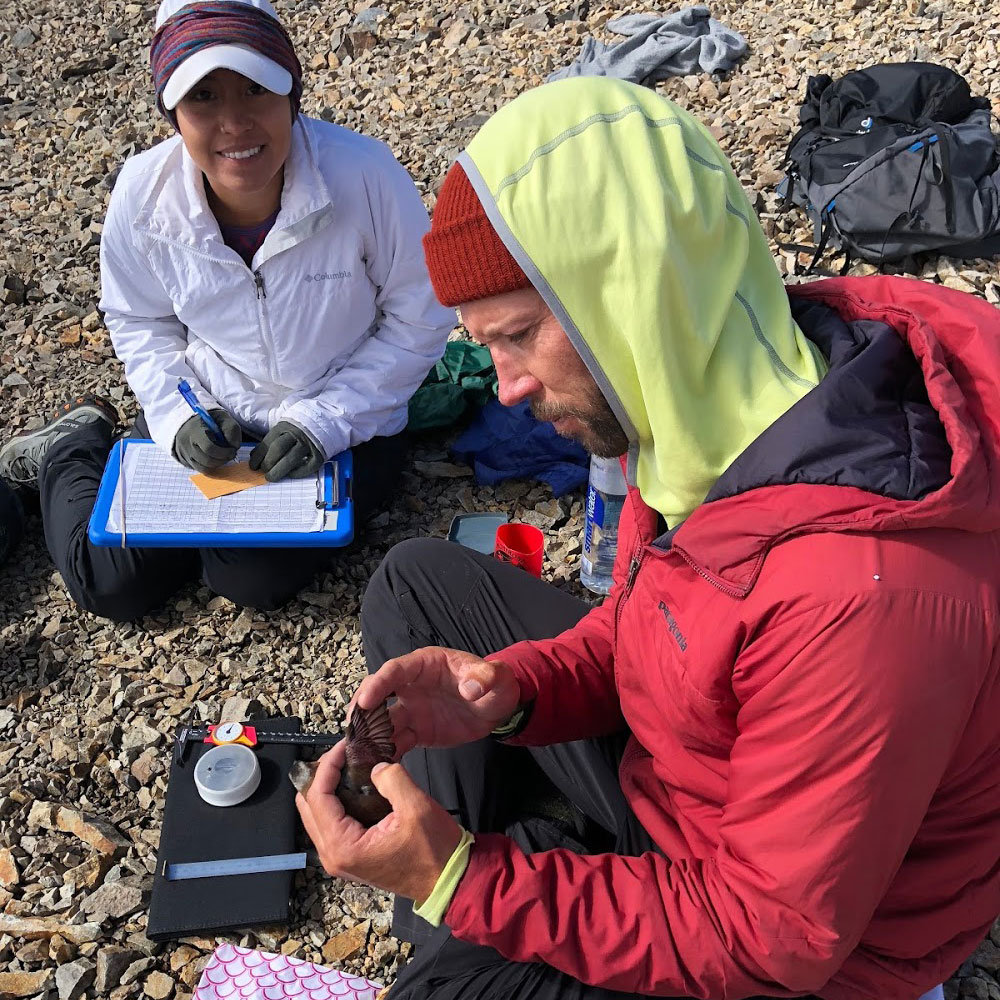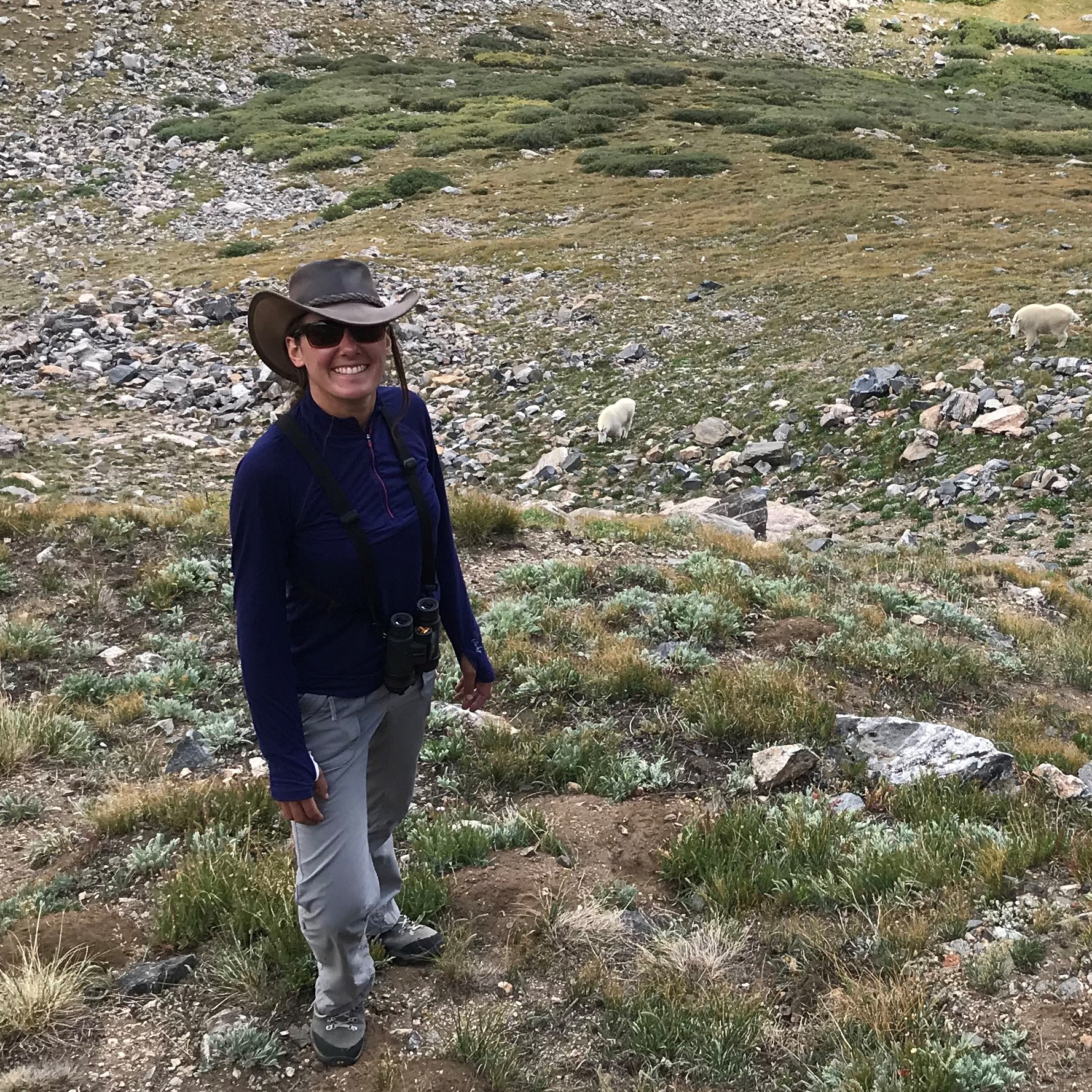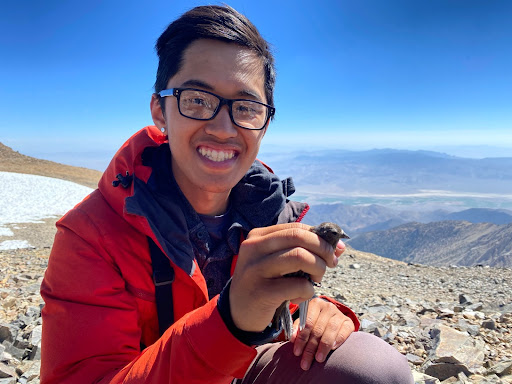Erika Zavaleta
Howard Hughes Medical Institute Professor, Ecology and Evolutionary Biology
I am a community and ecosystem ecologist broadly interested in implications of interacting global and regional environmental changes, biodiversity and ecosystem functioning, and stewardship of wild ecosystems. My research group studies ecological and conservation responses to climate and atmospheric changes, drivers and consequences of changing biological diversity, and effective and equitable conservation practice. Current projects address the effects of climate variability and change on alpine songbirds and tree distributions; the effects of land and water use changes on bat communities; the effectiveness of riparian conservation measures in California and community forestry efforts in Brazil and Nepal; and the nature and effectiveness of conservation responses to climate change.
I strive to bridge ecological theory, training and research to sound conservation and management practice. Our lab incorporates collaboration with conservation practitioners and elements of economics, public policy, and anthropology in our research, and I serve in advisory roles to conservation non-profits and to government. Finally, I work on inclusive, field-based education and its effects on learning, belonging and success in ecology and conservation.
Recent Awards:
2021: Named Ecological Society of America “Excellence in Ecology Scholar”
2021: Appointed to California Fish and Game Commission
2021: Commitment to Human Diversity in Ecology Award – Ecological Society of America
2018: Fellow of the Ecological Society of America
2017: Fellow of the California Academy of Sciences
2016: California Book Award – Gold Medal for Contribution to Publishing
2008: Ecological Society of America Sustainability Science Award
Education:
BA and MA in Anthropology (Stanford University, 1995)
Ph.D in Biological Sciences (Stanford University, 2001)
Blair McLaughlin
Associate Researcher
I am a conservation ecologist, and co-direct the Conservation Science and Solutions Lab and the UC Center for Climate-Adaptive Biodiversity Conservation. With students, interdisciplinary partners, land stewards and practitioners, we are developing and testing novel climate change adaptation strategies and tools to help protect biodiversity into the future. My research focuses mainly on woodland and forest ecosystems in California. I earned a Ph.D. in the Environmental Studies Department at UC Santa Cruz and a B.A. from Harvard University, and I completed postdoctoral work in the Integrative Biology Department at UC Berkeley. I have taught graduate and undergraduate courses on ecology, ethnobotany, climate change and soundscapes. I bring a background in anthropology to my work in ecology, and strive for a holistic approach to socio-ecological challenges.
Suzanne Ou
Director, Doris Duke Conservation Scholars Program
I am a community ecologist interested in the feedback between aboveground and belowground biodiversity as well as the feedback between human communities and ecosystems. My research focuses on how soil microbes shape plant coexistence across different spatial and temporal scales.
In navigating the dynamics of being an outsider researcher across my field sites in California and South-East Asia, I have grown to focus on how to build equitable practices into conservation. I strive to bring a lens of restorative justice to the management approaches of restoration ecology and I am committed to creating a sense of belonging for diverse communities in ecology and conservation.
I earned a Ph.D. in Biology at Stanford University, where I was also a National Geographic Young Explorer. Previously, I worked in the Department of Ecology and Evolutionary Biology at the University of California, Los Angeles, and earned a B.S. in Environmental Science and Policy at Duke University. I can usually be found cooking South-East Asian food, foraging, and propagating plants.
Lina Arcila Hernández
Postdoctoral researcher
Reza Goljani Amirkhiz
Postdoctoral researcher
I am an ecologist developing approaches incorporating ecological theories, quantitative methods, and large ecological datasets to inform management and conservation at multiple scales. Within this scope, I customize machine learning and Bayesian approaches and extend their utilization to meet ecological assumptions, incorporate spatiotemporal scales and efficiently analyze large datasets. I use remote sensing and geospatial analysis to investigate relationships between ecosystem structure, patterns, and trends in biological communities.

Tim Brown
PhD Candidate
I am broadly interested in understanding how alpine mountain species cope with climate variation. Specifically, I am interested in better understanding environmental constraints to the distribution of one of North America’s highest-elevation breeding birds, Sierra Nevada Gray-crowned Rosy-Finch (Leucosticte tephrocotis dawsoni).
I am also interested in understanding environmental mechanisms that drive their elevational movement during non-breeding periods and what role phenotypic differentiation may play in this story.
Kat Bernier
PhD candidate
My research interests draw me upwards, toward the alpine zone of mountains and the diversity of life that thrives under harsh environmental conditions. What niches can cold-hardy, high-elevation species utilize? What drives individual species’ habitat selection? How will their requirements continue to be met or change under rapidly advancing climatic shifts?
My current research explores population size and habitat variables that drive local densities in Brown-capped Rosy Finches (Leucosticte australis), a generalist alpine songbird nearly endemic to Colorado. In conjunction with this project, I hope to incorporate years of field research experience to implement achievable, long-term monitoring frameworks for potentially vulnerable high-altitude ecosystems.
Sushmita Poudel
PhD candidate
I am broadly interested in understanding the difference in ecotypes (mesic and xeric) of blue oak species across California and how that contributes to assisted phenotype flow to combat climate change. I am especially interested in understanding how xeric ecotypes tolerate drought and how local soil mycorrhiza supports drought tolerance.

Nicolás Cruz
PhD Student
My research focuses largely on the way that human sociopolitical structures like settler colonialism impact and interact with ecological systems— in other words, how the ecosystems we are trying to restore and conserve have been altered by histories of ongoing colonization. I’m particularly interested in fire ecology and the reintroduction of Indigenous prescribed burning along with a variety of other Indigenous land management practices and hope to support tribal efforts to restore their territories and sovereignty over the land.
My current project focuses on the reintroduction of cultural burning to tule (Schoenoplectus spp.) wetlands in Pomo territory around Clear Lake in California. Partnering with the Robinson Rancheria Band of Pomo Indians, we are comparing the effect of timing of burns on tule’s suitability for cultural use. We are also considering experiments in burning oak understory to study fire’s effect on oak regeneration, weevil infestation, and cultural use of acorns. Overall my research seeks to understand ecological and social change and how we can live well: with each other, with nonhuman species, and with the land.

Nautica Jones
PhD Student
My research seeks to evaluate Black traditional ecological knowledge (BTEK) use and impacts in the United States. BTEK is an empirical knowledge system composed of generational observations and techniques authored by black people. As the severity of climate change escalates faster than data can be generated, crisis fields like conservation biology and climate adaptation are relying on ecological theory to guide action plans. As traditional knowledge does not rely on Western data, partnerships between knowledge systems may be an overlooked tool.

Jahiya Clark (she/her)
PhD Student
Jahiya is a PhD student with research interests surrounding the effects of climate change and conserving biodiversity—especially in forest ecosystems. She is passionate about natural history collections and utilizing the past to further understand our future. Jahiya received her Master’s degree in environmental conservation from the University of Massachusetts Amherst, where she conducted research on adaptive management for forest habitats and mammal communities in the northern New England boreal-temperate region. She received a bachelor’s degree from Mount Holyoke College, where she studied ecology, evolutionary biology, and anthropology. Jahiya is a fellow with the Doris Duke Conservation Scholars Program.
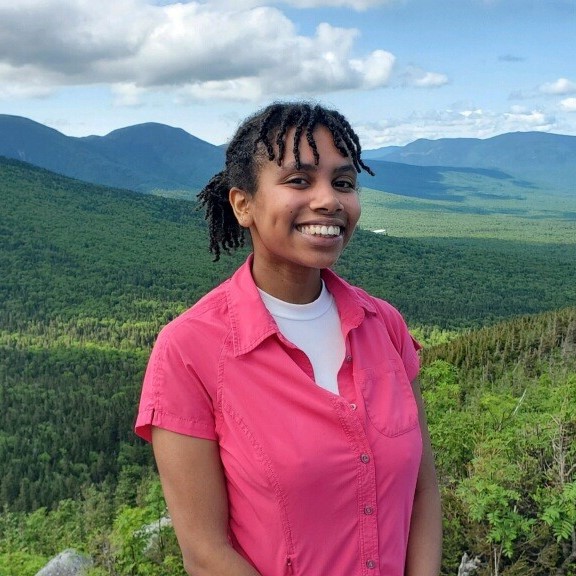
Ryan Cheung
Undergraduate researcher
In this lab, I worked as an intern for CAMINO under the Sierra Nevada Gray Crowned Rosy Finch project and contributed as an intern for the Cultural Burning Tule Wetland project.
I am driven towards this work because I want to contribute to conservation and through the work I have done I hope to find a unique angle or focus where I can make that impact.

